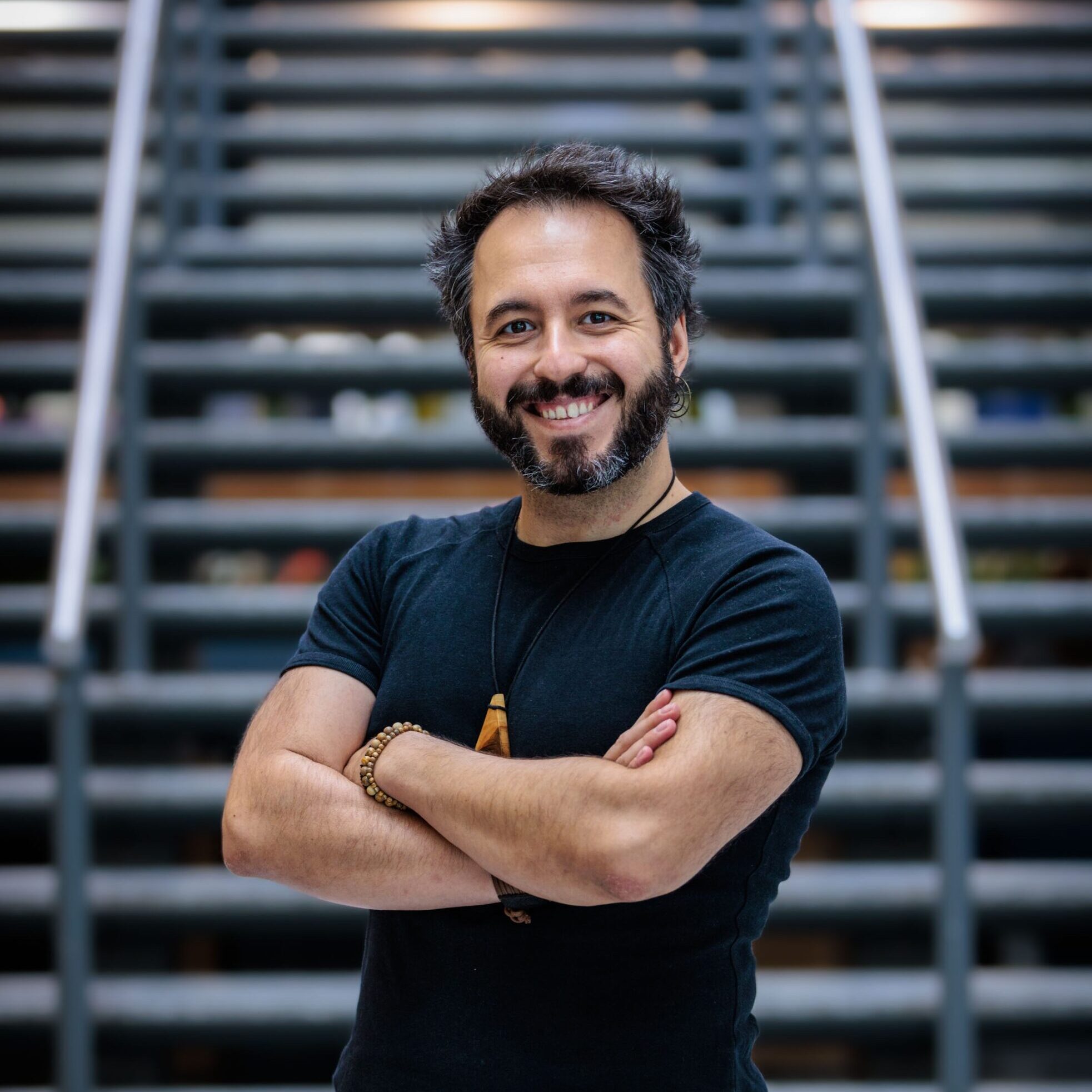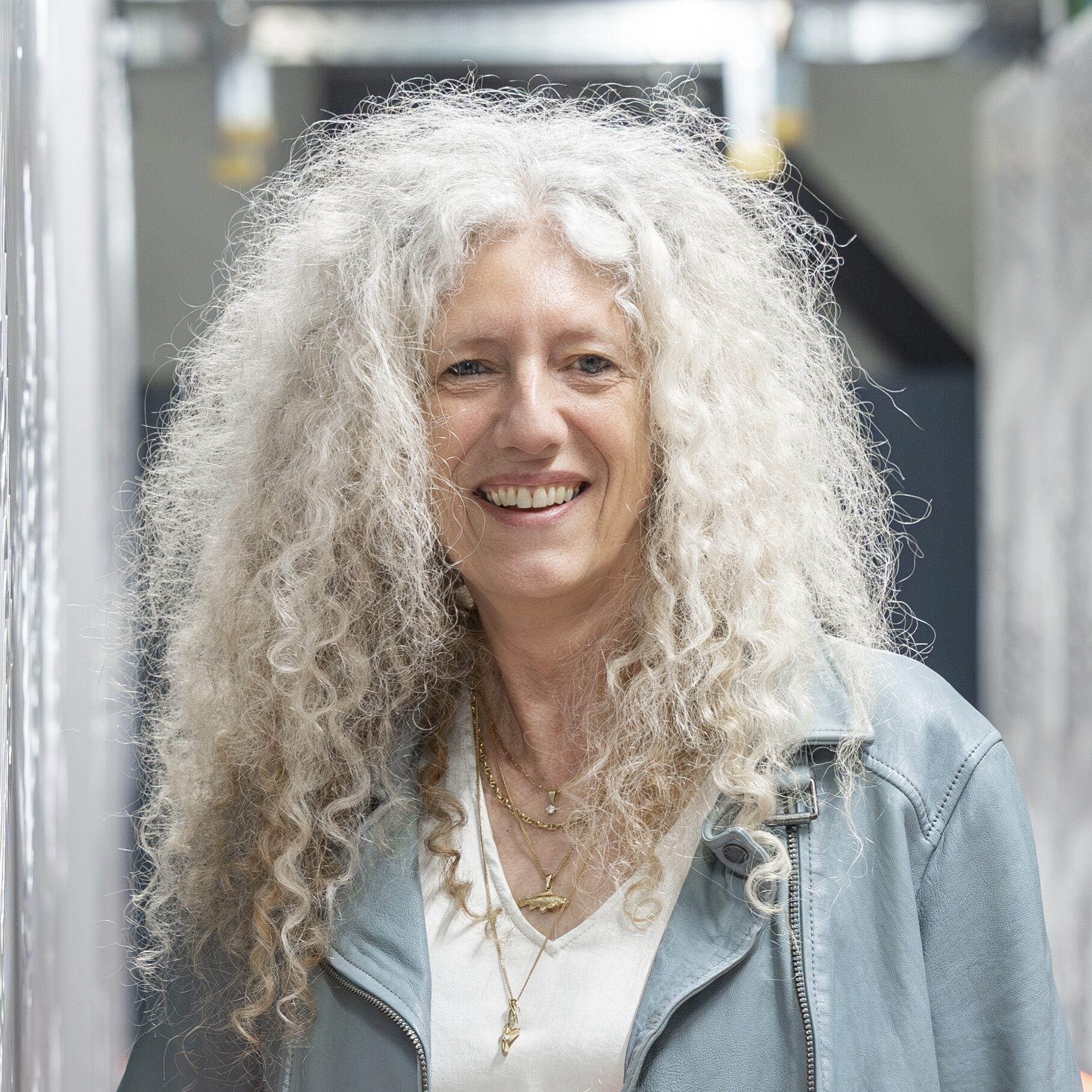Keynote Speakers

Prof. Sauro Succi
Center for Nano and Neuro Science at la Sapienza, Roma, Italian Institute of Technology
Simulating classical fluids on quantum computers: challenges and future perspectives
Sauro Succi holds a degree in nuclear engineering from the University of Bologna and a PhD in physics from the Swiss Polytechnic in Lausanne. He currently serves as a Senior Research Executive and Principal Investigator at the Center for Life Nano-Neuro Sciences at la Sapienza of the Italian Institute of Technology and a Research Associate and Visiting Faculty at the Harvard School of Engineering and Applied Sciences since 2000.

Dr. Catherine McGeoch
D-Wave Systems (Retired), Vancouver, Canada
Applications and Use Cases for Quantum Optimization
Dr. McGeoch, recently retired, was a member of the Benchmarking Team at D-Wave Systems for about 10 years. Before joining D-Wave, she was the Beitzel Professor of Technology and Society and chair of the Computer Science Department at Amherst College, having joined the college in 1987. She holds a Ph.D. in Computer Science from Carnegie Mellon University.

Prof. Tolga Birdal
Department of Computing of Imperial College London
Quantum Enhanced Computer Vision and Machine Learning
Tolga Birdal is a UKRI Future Leaders Fellow and an assistant professor in the Department of Computing of Imperial College London. Previously, he was a Postdoctoral Research Fellow at Stanford University within the Geometric Computing Group of Prof. Leonidas Guibas.

Prof. Dr. Kristel Michielsen
Director of Jülich Supercomputing Centre, Jülich, Germany
Integrating quantum and high performance computers for practical quantum computing
Prof. Dr. Kristel Michielsen, a computational physicist, received her PhD from the University of Groningen (Netherlands) in 1993 for work on the simulation of strongly correlated electron systems.

